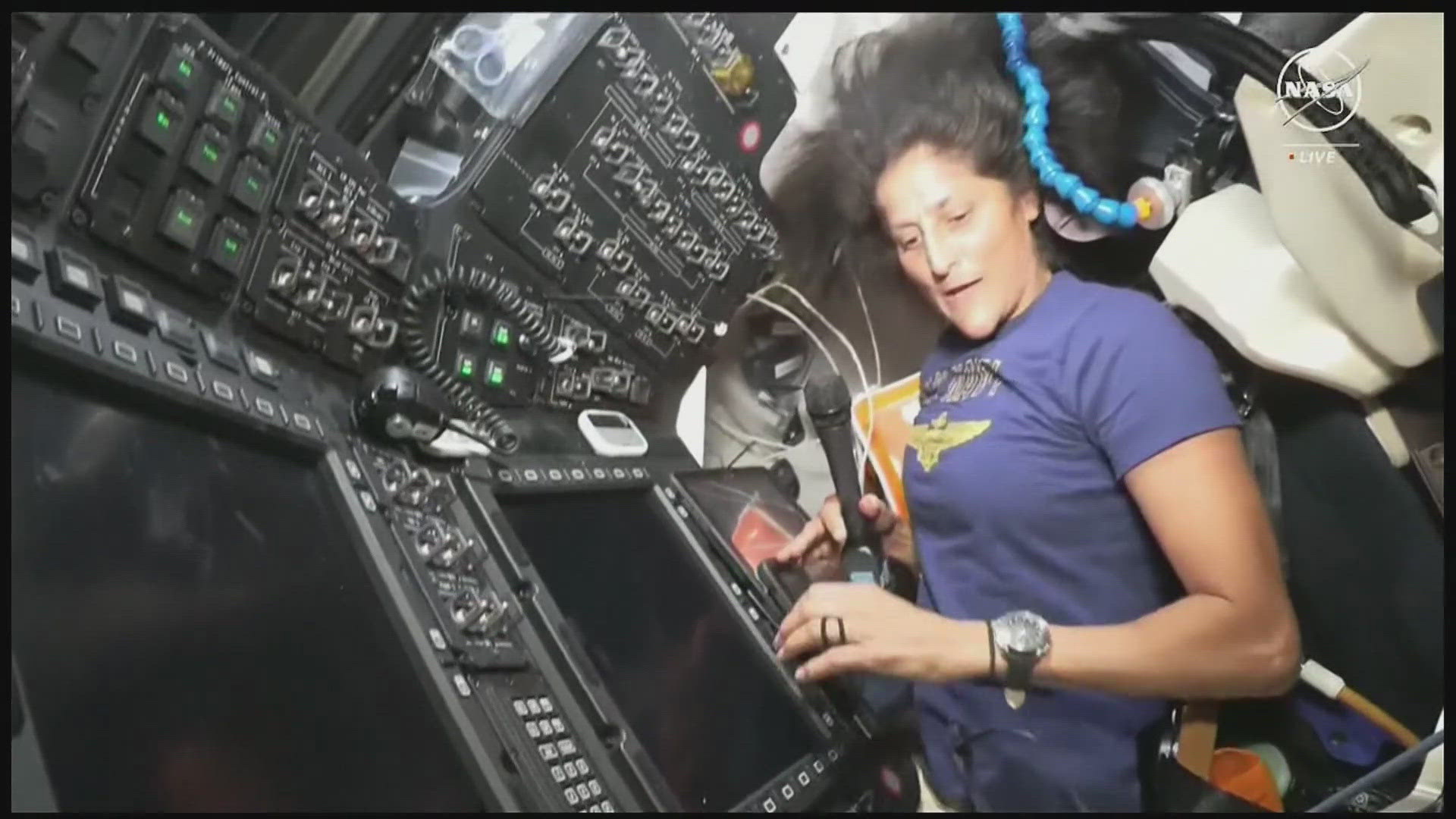TEMPLE, Texas — Earth's moon may get a new friend this month, if only briefly.
Scientists have reportedly discovered what they believe to be an asteroid, but will soon become a "mini-moon" as it enters Earth's orbit, according to TIME.
The mini-moon, dubbed 2024 PT5, is only about 10 meters (around 32 feet) across, according to TIME, which will make it very difficult to see from Earth, but it is expected to stick around in orbit for around two months before breaking free and returning to the Arjuna asteroid belt, where it is believed to have come from.
"The object is too small and dim for typical amateur telescopes and binoculars," research lead author and Universidad Complutense de Madrid professor Carlos de la Fuente Marcos told Space.com. "However, the object is well within the brightness range of typical telescopes used by professional astronomers. A telescope with a diameter of at least 30 inches plus a CCD or CMOS detector are needed to observe this object, a 30 inches telescope and a human eye behind it will not be enough."
Carlos de la Fuente Marcos and Raúl de la Fuente Marcos published research on the mini-moon in the journal The Research Notes of the AAS.
“Earth can regularly capture asteroids from the Near-Earth object (NEO) population and pull them into orbit, making them mini-moons,” the researchers said in their findings.
The mini-moon is expected to stick around from Sept. 29-Nov. 25, according to TIME.
According to the research, there are two types of mini-moons. First, there are "temporary captured orbiters", which make one or more full revolutions around the Earth and can stay in orbit for months or even years. "Temporary captured flybys", like 2024 PT5, only stay in orbit for a short time and do not complete a full revolution.
2024 PT5 is not the first time a mini-moon has joined Earth's orbit, another briefly stopped by in 2020, according to Space.com.
More from 6 News:

